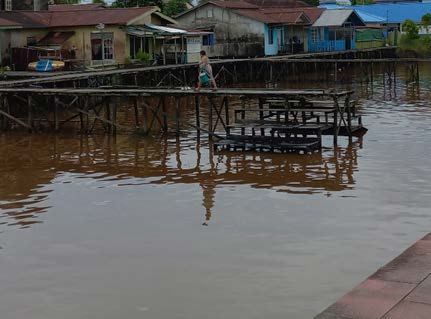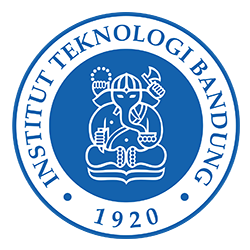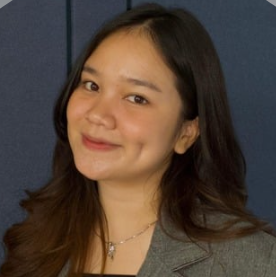Technology acceptance in addressing sewage challenges with a strategic and adaptive community approach (Indonesia)

The growing urban population in Pontianak adds to the sanitation challenge, with a 2024 sanitation achievement of only 66% and 500 households still practicing open defecation. Slum areas, especially along the Kapuas River, face problems with 54% of latrines not up to standard and 100% of wastewater flowing directly into the river which is also used for clean water. Currently, technological interventions in Pontianak include wooden and concrete self-contained culverts, as well as bio-ceramic systems from stakeholders. However, these facilities have not been optimized due to low community acceptance and material unsuitability to local conditions. This research recommends the use of Tripikon-S technology as a strategic solution tailored to community conditions and needs. This study evaluated Tripikon-S technology to reduce pollution and health impacts. Analysis using UTAUT and Empowerment Framework with PLS-SEM on SmartPLS V.3.0 showed that Facilitating Conditions and Social Influence had a significant effect on community acceptance (path coefficient 0.373 and 0.291; t-stat > 1.96 and p < 0.05), while Effort Expectancy and Performance Expectancy had no significant effect. In community participation, Opportunity Structure is significant (path coefficient 0.462; t-stat > 1.96 and p < 0.05), while Agency has no significant effect. More than 50% of respondents showed positive intention to adopt Tripikon-S. Adoption can be encouraged through integration in government grant or subsidy programs, given the limited ability of communities to pay for domestic wastewater technology units of less than IDR 1,000,000.

